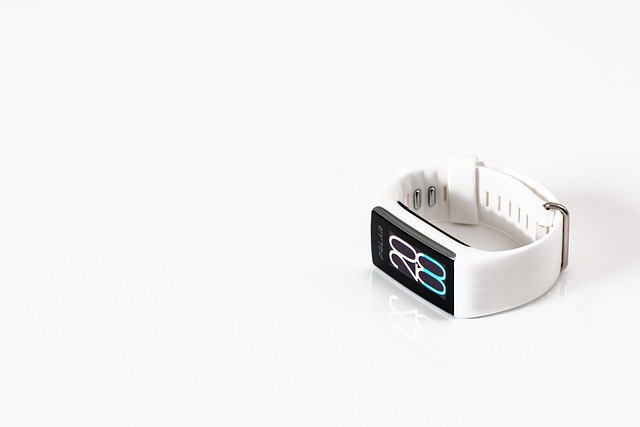In an era where technology has transformed nearly every aspect of our lives, it’s no surprise that healthcare is also benefiting from the digital revolution. One groundbreaking innovation that’s gaining momentum is Digital Nutrition Therapy (DNT). This cutting-edge approach leverages the power of technology to provide personalized nutrition guidance, improve overall health, and manage chronic conditions. In this article, we’ll delve into the world of Digital Nutrition Therapy, exploring its potential, benefits, and how it’s shaping the future of healthcare.
Understanding Digital Nutrition Therapy
Digital Nutrition Therapy is an innovative healthcare solution that combines nutrition science, data analysis, and technology to provide tailored dietary recommendations and support to individuals. It’s often delivered through mobile apps, web platforms, or wearable devices, making it accessible to a broad range of users. DNT relies on algorithms and artificial intelligence to analyze user data, including dietary habits, health metrics, and goals, to offer personalized nutrition advice.
The Advantages of Digital Nutrition Therapy
- Personalization: DNT takes into account an individual’s unique nutritional needs, preferences, and health goals. This level of personalization is challenging to achieve through traditional healthcare methods.
- Convenience: DNT is available 24/7, allowing users to access nutritional guidance and support whenever they need it. This convenience is especially valuable for busy individuals and those with hectic lifestyles.
- Chronic Disease Management: DNT can be a game-changer for individuals managing chronic conditions like diabetes, obesity, and heart disease. By offering tailored dietary recommendations, it helps improve disease management and overall health outcomes.
- Behavioral Change Support: Many DNT platforms incorporate behavioral psychology techniques to encourage users to make healthier food choices and stick to their dietary plans.
- Data-Driven Insights: DNT collects and analyzes user data, providing valuable insights into dietary patterns, trends, and areas for improvement. This data can help users make informed decisions about their nutrition.
Applications of Digital Nutrition Therapy
- Weight Management: DNT can assist individuals in achieving and maintaining a healthy weight by offering personalized meal plans and tracking tools.
- Chronic Disease Management: It plays a crucial role in managing chronic conditions by helping users make dietary choices that align with their specific health needs.
- Sports Nutrition: Athletes can benefit from DNT by receiving personalized nutrition plans to optimize their performance and recovery.
- Prenatal and Pediatric Nutrition: DNT can provide expectant mothers and parents with guidance on nutrition during pregnancy and childhood, promoting healthy development.
- Allergen Management: Users with food allergies or intolerances can receive guidance on avoiding allergens and finding suitable alternatives.
The Future of Healthcare
Digital Nutrition Therapy is just one example of how technology is transforming healthcare. As it continues to evolve, we can expect more sophisticated algorithms, improved user interfaces, and seamless integration with wearable devices. DNT has the potential to reduce healthcare costs by preventing and managing chronic diseases, leading to healthier populations.
Privacy and Ethical Considerations
While the benefits of DNT are promising, it’s essential to address privacy and ethical concerns. Users’ data must be protected and used responsibly. Additionally, there should be transparency in how algorithms make dietary recommendations to ensure trust among users.
In conclusion, Digital Nutrition Therapy is a groundbreaking approach that harnesses the power of technology to revolutionize healthcare. By providing personalized nutrition guidance, it empowers individuals to take control of their health and make informed dietary choices. As DNT continues to advance, it has the potential to improve the well-being of millions and redefine the way we approach nutrition and healthcare in the digital age.



